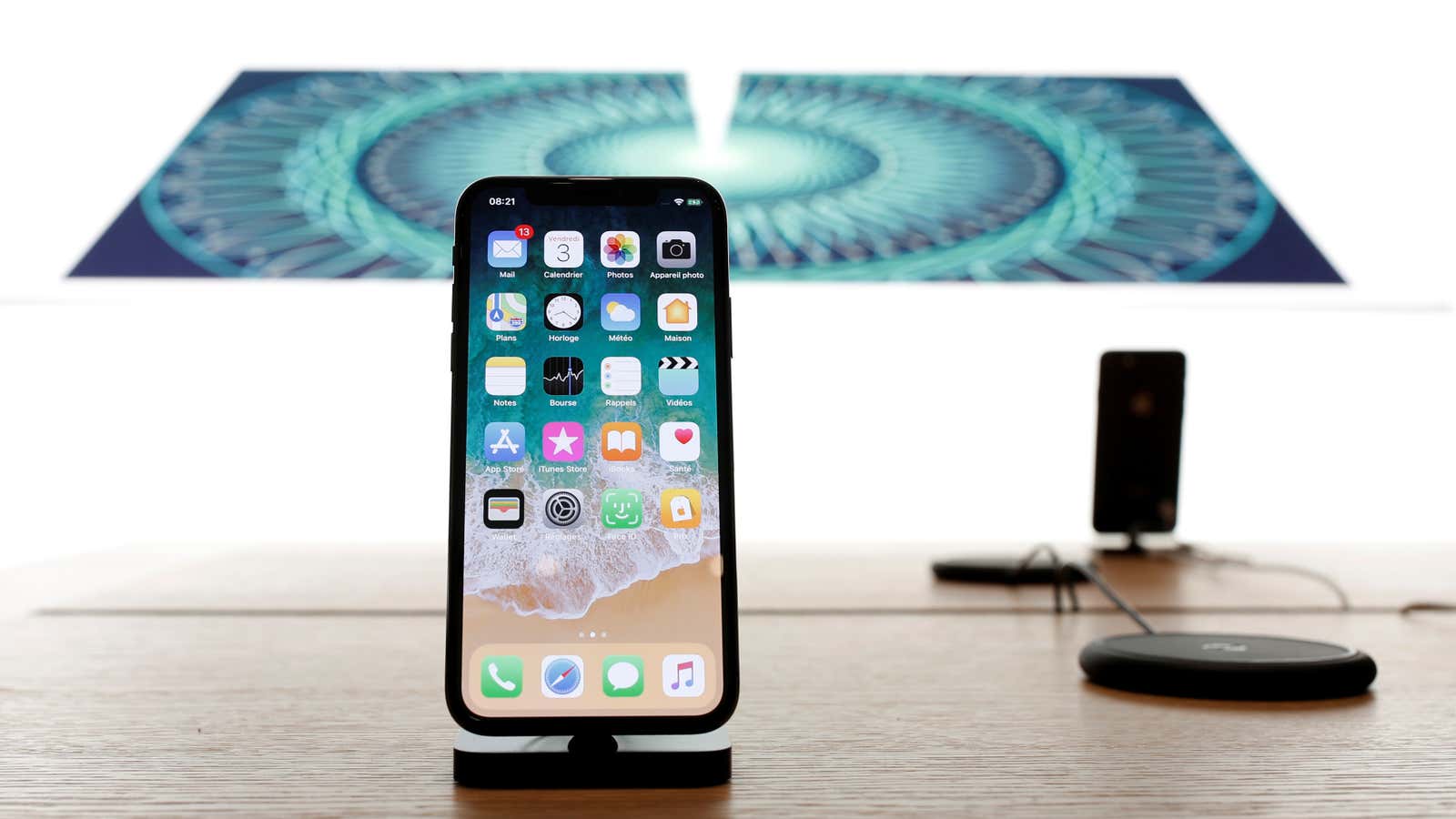What’s more important to you: A phone that works as well as it did the day you bought it, or one that keeps working as long as possible?
For the last few years, Apple has made this decision for its customers, secretly choosing to optimize iPhone batteries so that as they aged, their processors would be artificially hamstrung to match how much power the phones could put out. Apple never told users it was doing this, and many suspected it was slowing down processing by older iPhones to convince people to buy new iPhones every time one was released. A developer recently proved that Apple was indeed slowing phones, and Apple admitted it, but was adamant that it was just to protect the health of the phones’ batteries.
Many users disagreed that Apple should have been making this choice without communicating it to users, and the company is now facing multiple class-action lawsuits over the decision. Apple has since apologized, and offered to replace batteries on older iPhones for $29 (instead of its usual price of $79). In an interview with ABC Jan. 17, CEO Tim Cook explained that a forthcoming update to iOS would give users the option to choose whether they want to extend their phones’ battery life, or have the device remain at full power.
The problem that Cook tells ABC, however, is that by turning off this battery-optimization technology, iPhone owners could face random shutdowns as their batteries age. But considering that iOS 11 has been fraught with errors, perhaps users won’t even notice their phones acting any more erratically than they already do.
